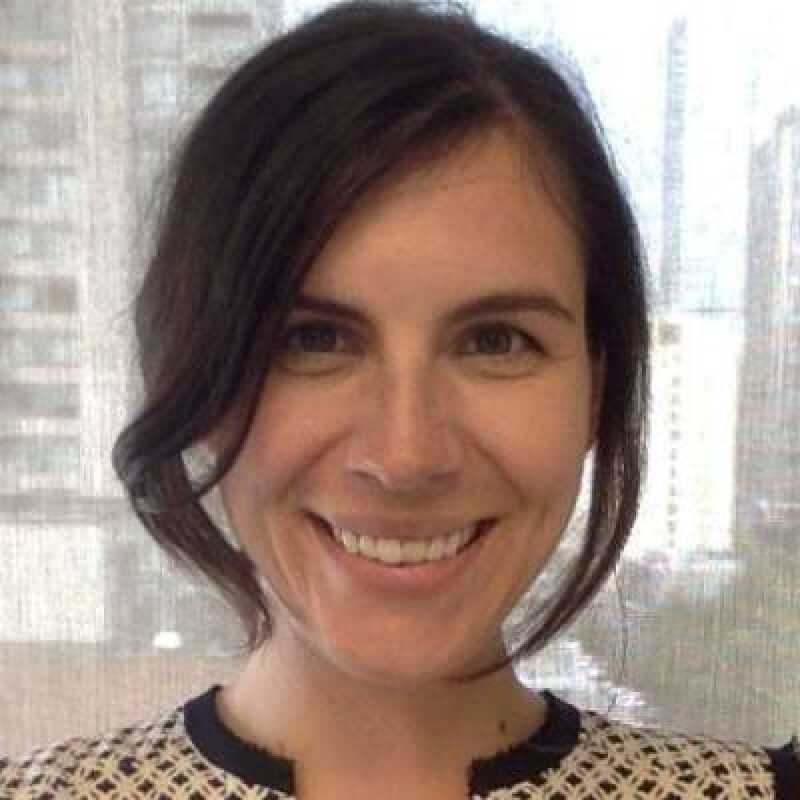- University of Kent
- School of Psychology
- People
- Dr Angela Nyhout
Dr Angela Nyhout
Student Experience Lead


Dr Angela Nyhout completed her PhD in Psychology at the University of Waterloo (Canada), and a postdoctoral fellowship at the University of Toronto. She joined the School of Psychology at the University of Kent as a Lecturer in 2020.
Angela’s main area of research is cognitive development. Her research is focused on the development of hypothetical reasoning, and children’s learning through engagement in hypothetical and fictional worlds. Most of her current work focuses on children’s counterfactual reasoning, reasoning about fictional worlds, and scientific hypothesis testing, and how these abilities contribute to learning in childhood.
Although these abilities may seem distinct on the surface, at their core they share a requirement for the learner to temporarily hold as true a premise (e.g., “If the dinosaurs had not gone extinct…”) and make inferences on its basis. Hypothetical reasoning involves mentally simulating a possibility (i.e., forming a rich mental representation as if the premise were true). Angela’s work seeks to identify the underlying nature of these representations, and their consequences for learning (e.g., reading comprehension, science learning). Key questions of interest include:
Current PhD students
Zeynep Genc (First supervisor)
Key publications
| 2022-2026 | A Nyhout (Col), P Ganea (PI) SSHRC Insight Grant The role of counterfactual reasoning in children’s learning of science | $246,065 CAD |
| 2022-2024 | A Nyhout (Co-I), S Friend (PI), H Ferguson (Co-I), M Smith (Co-I) Templeton Religious Trust, Art Seeking Understanding Art Opening Minds: Imagination and Perspective in Film | £169,435 |
| 2021-2023 | A Nyhout (Co-I), E Tecwyn (PI) BA/Leverhulme Small Grant The development of mental simulation as a strategy for solving problems with multiple alternatives | £9,822 |
| 2019-2021 | A Nyhout (PI), P Ganea (CI) Social Sciences and Humanities Research Council of Canada Spontaneous counterfactual thinking in development | $46,965 CAD |
| 2016 | A Nyhout (CI), D Buchsbaum (PI), P Ganea (CI) Social Sciences and Humanities Research Council of Canada Interdisciplinary Workshop on Counterfactual Reasoning | $8,764 CAD |
| 2014-2015 | A Nyhout (PI) Language Learning Dissertation Grant | $2198 CAD |
Loading publications...
Showing of total publications in the Kent Academic Repository. View all publications